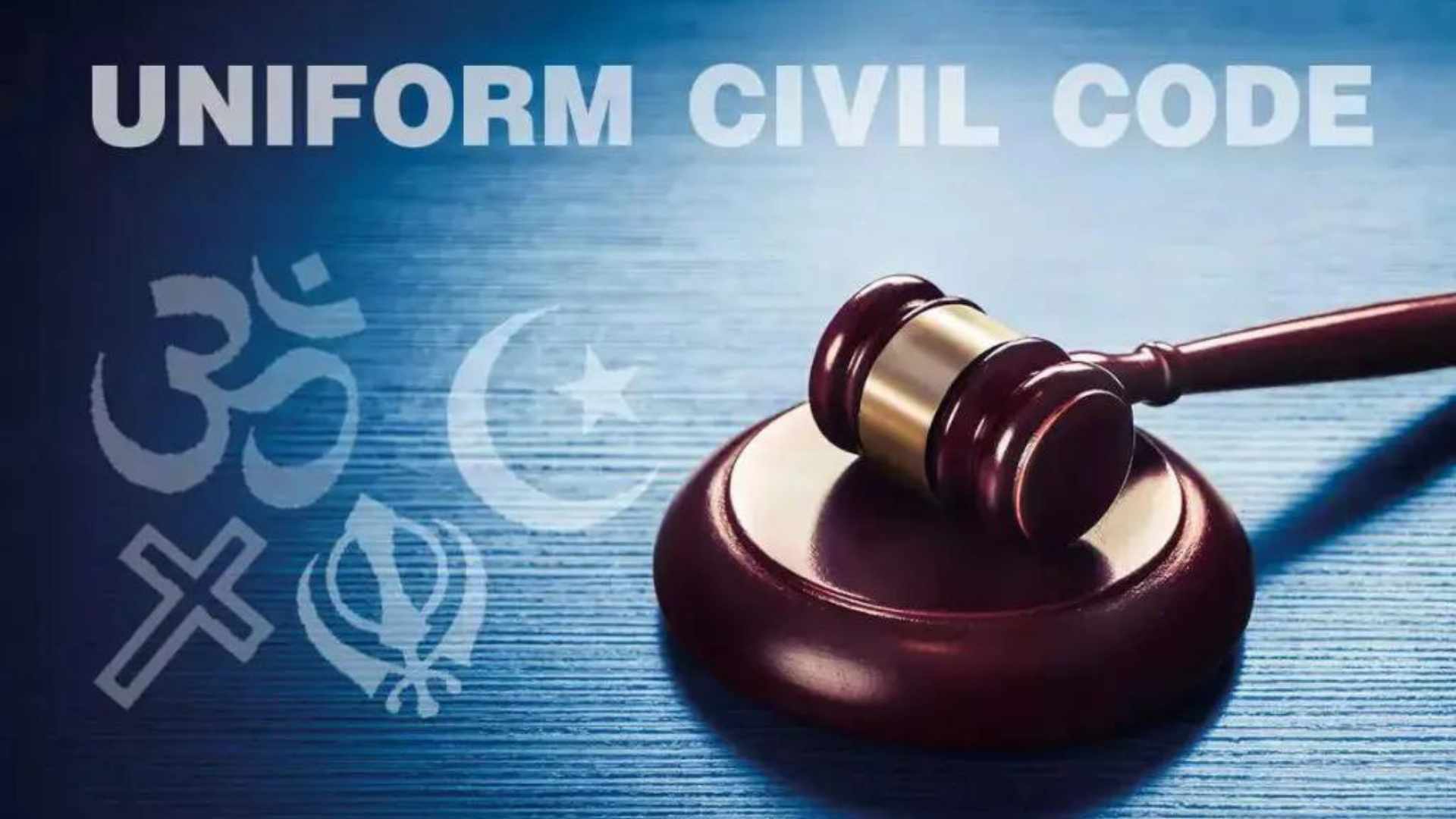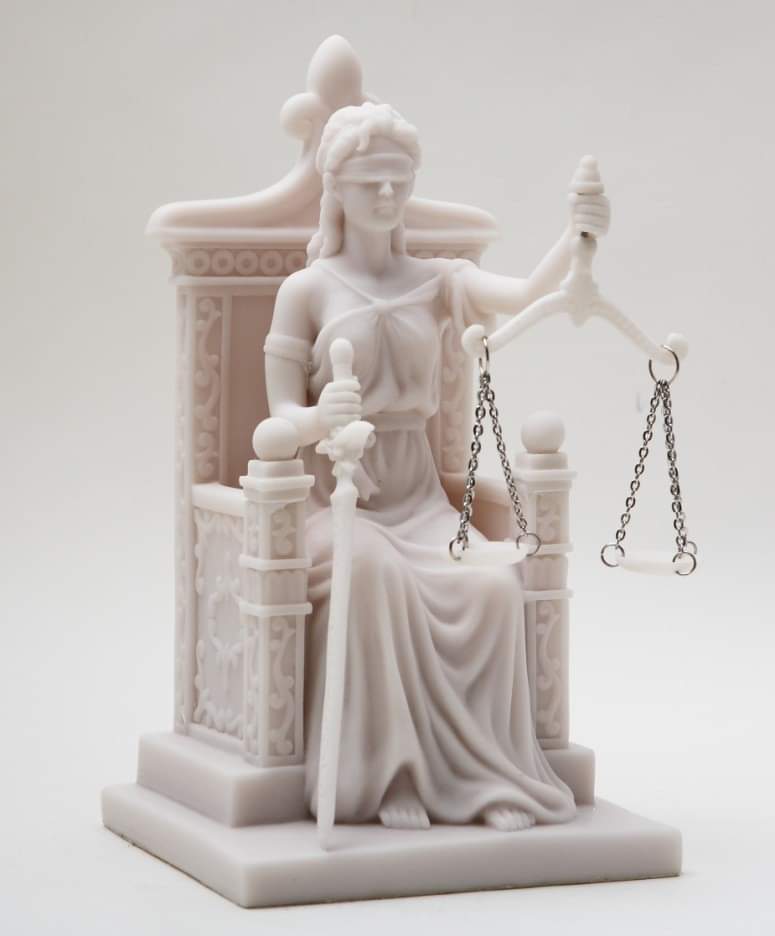
Uniform civil code, has become a matter of debate between various political leaders and a matter for discussion between bureaucrats and even common man in the recent times. While some accuse the government of proselytization for wanting to implement Uniform Civil Code, there are some people who actually support it. The history of Uniform Civil Code should be traced back to get a broad understanding about the current situation. The idea of Uniform Civil Code was first brought during the British period when the personal laws of Hindus and Muslims were first drafted, its focal notion is to bring a uniform codified law in every sphere of law that is common to every citizen regardless of their religion, gender and sexual orientation. However, the British decided not to hamper with the personal laws of Hindus and Muslims fearing agitation and since they were keener on their own development than that of our nation, they decided not to interfere and let them be governed by their personal laws. At this point the problem of inequality arose, no matter how distinct the Hindu law and Sharia law were, they had a point of congruity between them, both had customs and practices that were irrational to women and discriminated them by bereaving them of inheritance, remarriage and divorce. This is the main reason why Dr B.R. Ambedkar so focused on the implementation of Uniform Civil Code. He wanted a Hindu code bill to replace the Hindu personal law. He enunciated that, without providing opportunities for social reforms to prevent such inequities caused by the personal laws the basic philosophy of liberty as mentioned in the preamble of our constitution is squandered. He also believed that the wide jurisdiction enshrined on religion would prevent the legislature in bringing justice, this is for this reason that Uniform Civil Code was renumbered from article 35 to article 44 of our Indian constitution so that it could not be enforceable. The ultimatum of Dr B.R. Ambedkar remained as a dream due to the persistent opposition from orthodox adversaries, who thought that implementation of Uniform Civil Code would be disadvantageous as it means abolition of all those orthodox customs. Their prominent point of opposition was that implementation of Uniform Civil Code would bereave the ethos of their religious identity, but what they failed to explicate is how these religious scriptures, Vedas or philosophy of any religion do not mention about any of these practices to be their part of religious identity. Uniform Civil Code only seek to focus on certain areas like marriage, divorce, inheritance and adoption, which otherwise as according to the personal laws are unfair and has no philosophical backing. It focuses on abolition of patriarchal Muslim and Hindu laws that are disadvantageous to Muslim and Hindu women like polygamy, talaq and laws related to inheritance, marriage and divorce. This shows why these orthodox Muslims and Hindus are so against its implementation. Failure to implement Uniform Civil Code in the post-colonial era led to formation of several committees thus formation of several acts like Hindu marriage act, succession act, minority and guardianship act and Adoptions and maintenance act. This was widely criticized by many reformist including Aparna Mahanta a women activist who states ,”The failure of the Indian state to provide a uniform civil code, consistent with its democratic secular and socialist declarations, further illustrates the modern state's accommodation of the traditional interests of a patriarchal society”. The need for Uniform Civil Code was once more recognized especially after the Shah Banu case which pointed out the bigotry the Muslim women were put up with, having no say in their own divorce and being denied of maintenance. However, the court gave a controversial judgement superseding the Muslim personal law and allowing maintenance to the divorcee. No doubt the judgement received great backlash from the conservative Muslim community. The basic problem here is that there are several personal laws and they are in conflict with each other which instead of bringing equality is actually endangering the philosophy of our constitution. In a sociological point of view, it is also against the natural rights theory as propounded by John Locke which states that every individual has certain inalienable rights since birth which includes liberty, life and property which in this case is evident that it is being deprived by these personal laws. To summarize, the broad analysis about Uniform Civil Code leads us to realize the need for the implementation of Uniform Civil Code. Citing from the constituent assembly debates as Jawaharlal Nehru rightly emphasized, our nation is in need for social reform and modernization and initiation Uniform Civil Code is a possible way to foster a unified and progressive nation.
-By Soorya Gayathri TV, 2nd year BA LLB(hons)

